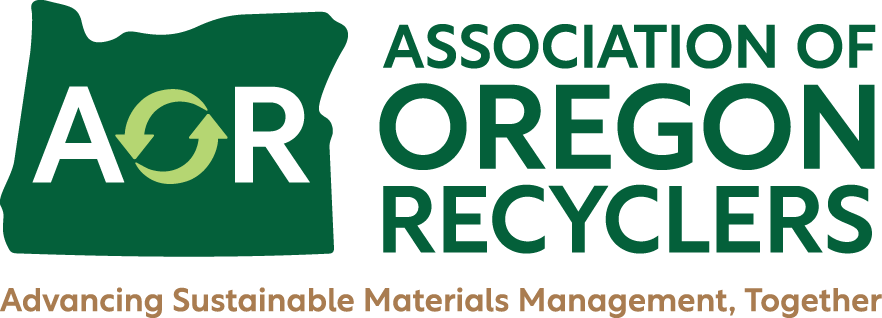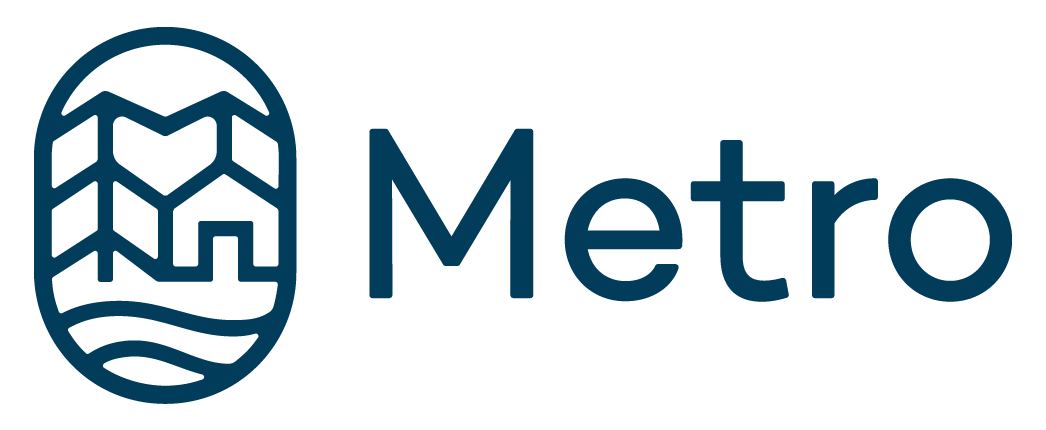Recycling
Oregon's Single-Use Bag Law & FAQ
What is it?
House Bill (HB) 2509, passed in the 2019 Oregon legislative session, prohibits retail stores and restaurants from providing single-use checkout bags to customers, and places restrictions on other checkout bags they may provide. The ban went into effect on January 1, 2020.
After that, a retail store or restaurant may provide only reusable or recycled paper checkout bags to customers. In certain cases, they must charge a fee to customers for providing the bag.
Roadmap to a Circular Economy - How Do We Get There?
Last week, The Recycling Partnership released the Bridge to Circularity Report, calling for a $500 million-dollar investment to start the needed transformation of the U.S. recycling system.
Recycle Right! outreach tools now available
To protect the environment and reduce waste, it’s important to learn how to Recycle Right! To h
Outlines of Plastic Waste Debate Emerge in Congress as Lawmakers Step Up Focus
While it’s still early stages, some lawmakers are floating ideas like producer responsibility bills for packaging and European Union-style restrictions on some single-use plastics. But other legislators seem to be steering toward proposals that focus on more traditional goals, like building out government-financed curbside recycling infrastructure.
Legislative Act Could Create Catalyst in Reduction of California Plastic Waste
Senate Bill 54 and Assembly Bill 1080, collectively called the California Circular Economy and Plastic Pollution Reduction Act, are identical companion bills that aim to reduce single-use packaging and product waste in California by 75% by 2030. The two bills were proposed by Sen. Ben Allen, who represents parts of southern and western Los Angeles county, and Assemblywoman Lorena Gonzalez, who represents southern San Diego.
Reaching rural areas with Recyclops
Recyclops, which offers curbside recycling in rural areas, is now operating in 40 cities across five states.
Any time Utah-based Recyclops, which offers "convenient and affordable" recycling in rural areas across the U.S., launches a program in a new city, the business does a signup campaign for services to begin. When 150 residents signed up for the recycling program in two days in Pinetop-Lakeside, Arizona, Ryan Smith, Recyclops CEO, hopped on a plane to launch the program.
The Recycling Partnership Announces New Tool - DIYSigns: Online Sign Templates for Recycling Containers
Need a recycling sign for accepted materials in your office, apartment complex, university, school, or drop-off program? Meet DIYSigns, The Recycling Partnership’s latest free online tool (Beta).
DIYSigns is a free, editable resource that assists with the production of consistent signage to help Americans know what to throw into any recycling container, anywhere.
Help reduce consumer confusion by informing residents what they should recycle, right where the behavior is taking place. More than 100 variations available!
China to increase tariffs on US OCC and other materials
U.S. exporters who are still moving OCC and other recyclables to China may face higher costs, after the Chinese government last week announced additional tariffs on key scrap materials.
OCC, newsprint and some higher-grade recovered fibers will face an additional 5% tariff when imported into China, according to an announcement from the Chinese government. The list also includes scrap aluminum.
NERC releases first of its kind regional blended MRF commodity value report
Last year, in partnership with the Northeast Waste Management Officials’ Association (NEWMOA), NERC formed a Regional Recycling Markets Development Committee. The Committee determined that having regional information about the value of recyclable commodities would be extremely helpful for assessing regional market trends and would serve as an educational tool for promoting improved residential recycling and participation. North Carolina’s Department of Environmental Quality has been doing a similar survey for many years. The results have been invaluable to recyclers, MRFs,
L.A. planners juggle goals, markets and huge volumes of material
The second-largest city in the country also has a very ambitious waste diversion goal: 90% by 2025. That means Los Angeles must stay creative to continue managing the massive volume of recyclables its residents generate.
“We have a vast amount of bins all throughout the city,” said Robert Potter, city of Los Angeles division manager for the Bureau of Sanitation. “There are roughly 3 million containers that are out there on any given week.”
The city’s residential recycling program relies on city crews to service 750,000 single- and multi-family homes.


